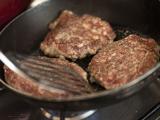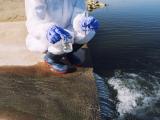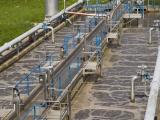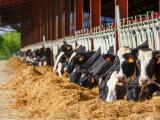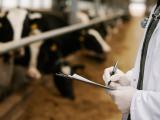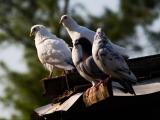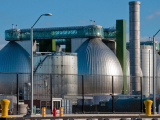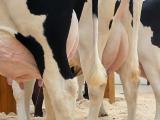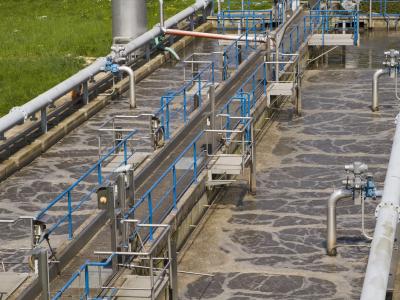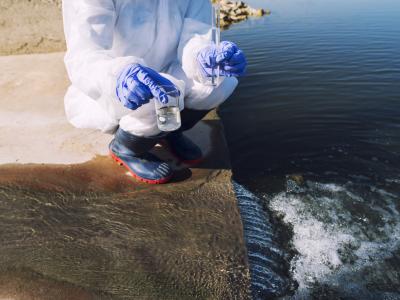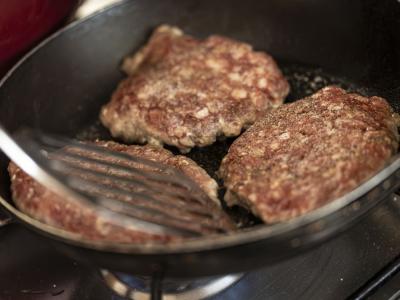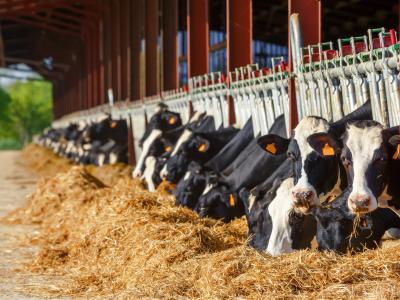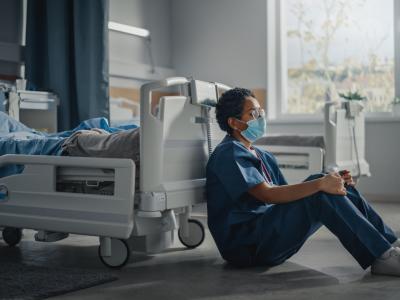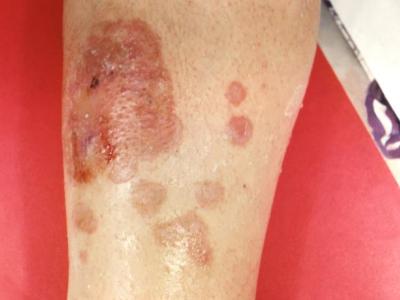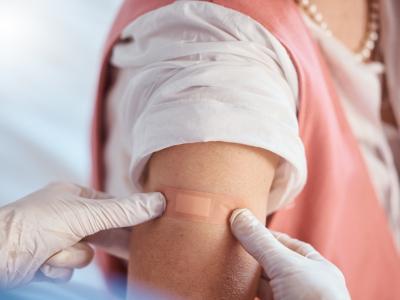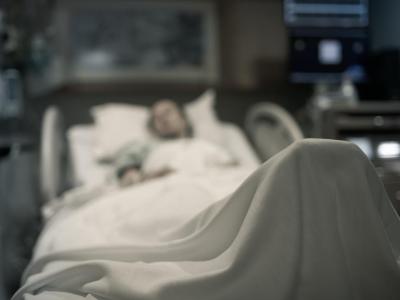May 28, 2004 (CIDRAP News) – The National Institute of Allergy and Infectious Diseases (NIAID) said yesterday it has awarded contracts to two companies to develop vaccines based on the H5N1 avian influenza virus in an effort to limit the risk of a human influenza pandemic.
Contracts were awarded to Aventis Pasteur Inc. of Swiftwater, Pa., and Chiron Corp., Emeryville, Calif., both of which make inactivated flu virus vaccines that are used each flu season. Each company will produce 8,000 to 10,000 doses of vaccine, which the NIAID will then test in clinical trials, the agency said.
Each contract will be worth about $2 million and will cover about a 2-year period, according to an NIAID spokeswoman. She told CIDRAP News the amount and time frame for the contracts will be determined more precisely later this summer.
Widespread outbreaks of H5N1 avian flu occurred in eight Asian countries beginning last December, triggering the loss of more than 100 million poultry from illness or culling. The outbreaks led to 34 documented human cases, including 23 deaths. Disease experts feared that the avian virus would combine with a human flu virus, possibly producing a new strain that could trigger a pandemic because people would have no immunity to it.
In announcing the contracts, the NIAID said, "If a pandemic of H5N1 avian influenza were to occur in humans, production of such a vaccine on a commercial scale could be used to protect laboratory workers, public health personnel at risk and, if needed, the general public."
The two companies will use a strain of H5N1 avian flu virus taken from a Vietnamese patient last February, the NIAID said. With approval from the Food and Drug Administration, the NIAID will test the vaccines for safety and immunogenicity in phase 1 and phase 2 clinical trials. The vaccines will be tested in healthy adults first and later in children and elderly people.
Avian flu had never been known to infect humans before 1997, when an H5N1 avian virus infected 18 people in Hong Kong, killing six of them, the NIAID noted. But the virus did not spread readily from person to person in that case or in this year's outbreaks.
In a statement from Chiron Corp., Chiron Vaccines President John Lambert said, "Chiron has produced vaccines designed to protect against other types of avian influenza, including the strain that resulted in several deaths in Hong Kong in 1997. Subsequent clinical testing demonstrated that it should be possible to protect against the lethal Hong Kong strain. Our current work with the NIAID builds on this experience."
David J. Williams, chairman and CEO of Aventis Pasteur, said in a statement, "As the world's largest producer of influenza vaccine, it is important for us to partner with the government to expand our knowledge of how to prepare a safe and effective vaccine in as short a time frame as possible. This important project will help us gain that experience."
The NIAID said the companies would produce the vaccines by the established technique of growing the virus in eggs and then inactivating and purifying it before formulating it into vaccine. "The use of established techniques to develop the investigational vaccines will help to promote rapid licensing of commercial pandemic vaccines in the event of a pandemic outbreak," the agency said.
See also:
May 27 NIAID news release
http://www.niaid.nih.gov/news/newsreleases/2004/Pages/flucontracts.aspx
